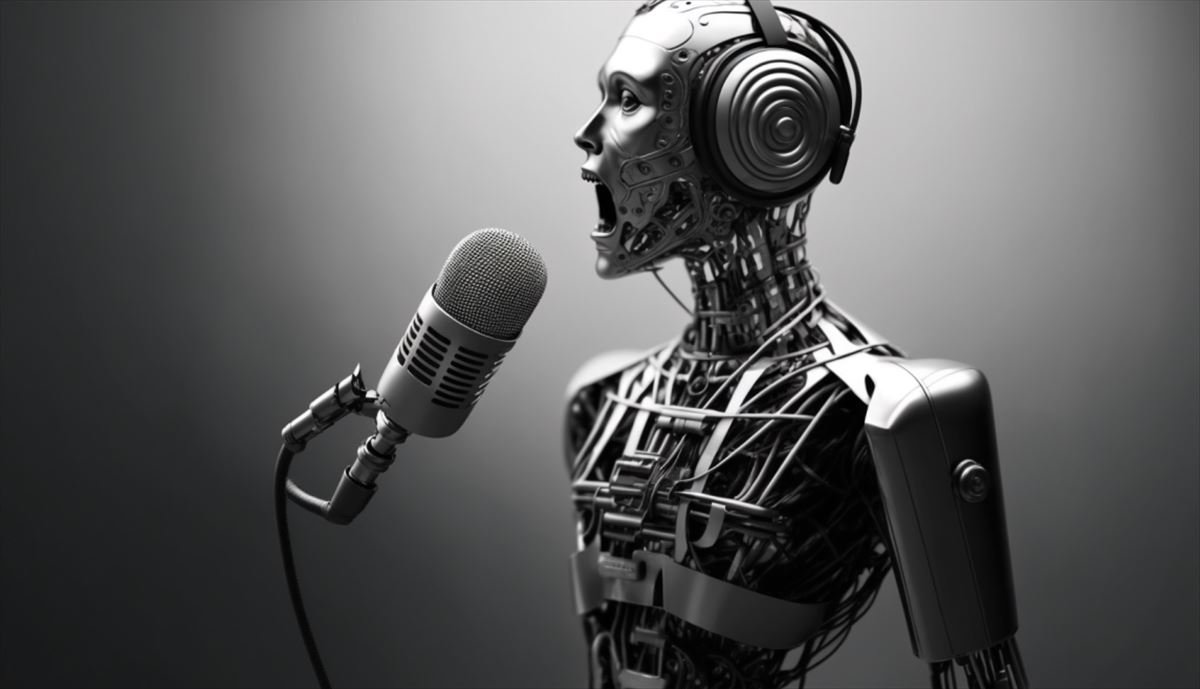Canadian startup MyShell has made waves in the AI world with the release of OpenVoice, a groundbreaking open-source tool for voice cloning. This innovative technology promises near-instantaneous and highly accurate voice replication, requiring only a brief audio sample from the target speaker. The implications are vast, potentially reshaping everything from the way we create media to the future of human-computer interaction.
Key Highlights:
- MyShell releases OpenVoice, an open-source AI for near-instant, high-fidelity voice cloning.
- Requires just a short audio sample to replicate voices in multiple languages.
- Granular control over emotions, accents, and other vocal parameters.
- Potential applications span from creative media to AI assistants and chatbots.
- Ethical concerns and potential misuse highlight the need for responsible development.

But what exactly is OpenVoice, and how does it work? At its core, OpenVoice leverages the power of machine learning to create a digital doppelganger of a voice. By feeding a short audio clip – as little as three seconds – into the algorithm, OpenVoice extracts the speaker’s unique vocal characteristics, including pitch, timbre, and rhythm. This information is then used to generate new speech that mimics the original voice with uncanny precision.
What sets OpenVoice apart is its unprecedented level of customization. Unlike other voice cloning tools, OpenVoice doesn’t simply mimic the source voice; it empowers users to manipulate it in profound ways. Through a user-friendly interface, users can control the emotional tone of the generated speech, adjust the accent, fine-tune the pacing and even alter the gender perception. This granular control opens up a world of creative possibilities, allowing for the creation of entirely new voices or altering existing ones for artistic expression or storytelling.
Beyond the creative arena, OpenVoice holds immense potential for practical applications. Imagine personalized AI assistants that sound exactly like your loved ones, or educational chatbots that speak in the native language of each student. The possibilities extend to accessibility tools for people with voice disabilities, even the potential for reviving the voices of historical figures for educational or entertainment purposes.
However, alongside its exciting potential, OpenVoice also raises concerns about ethical implications. Deepfakes and malicious impersonation are already issues plaguing the digital landscape, and the ease of use offered by OpenVoice could exacerbate these problems. It’s crucial to acknowledge these concerns and proactively address them through responsible development practices and clear guidelines for usage.
The release of OpenVoice marks a significant milestone in the evolution of AI, pushing the boundaries of what’s possible in voice technology. While its potential is undeniable, the path forward demands a balance between innovation and responsible development. By embracing transparency, fostering open dialogue, and prioritizing ethical considerations, we can ensure that OpenVoice contributes to a future where the power of voice enriches human lives, not exploits them.


















